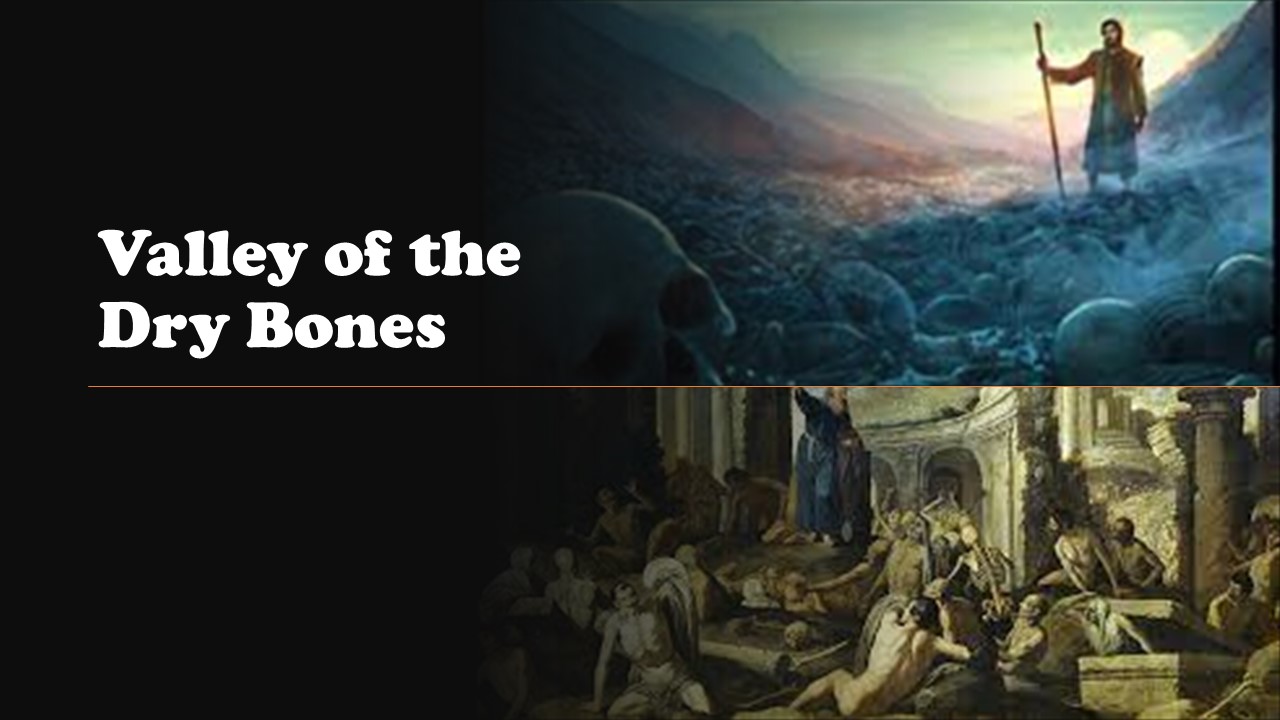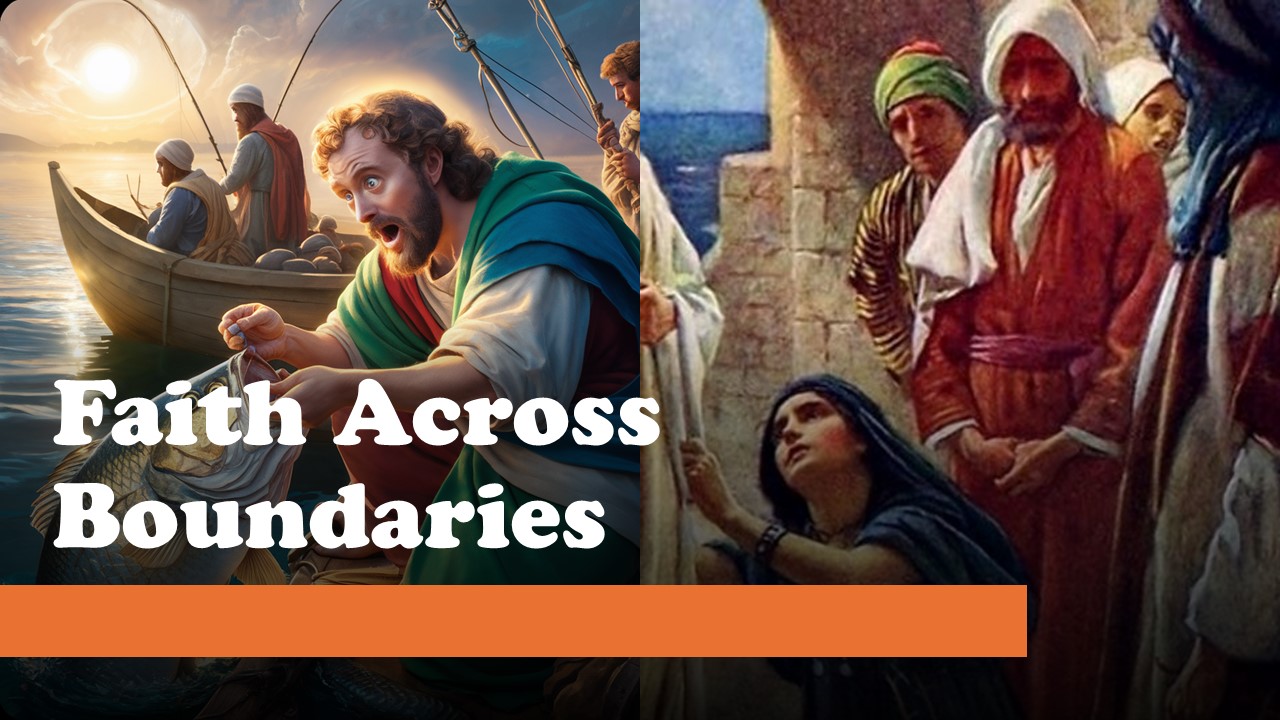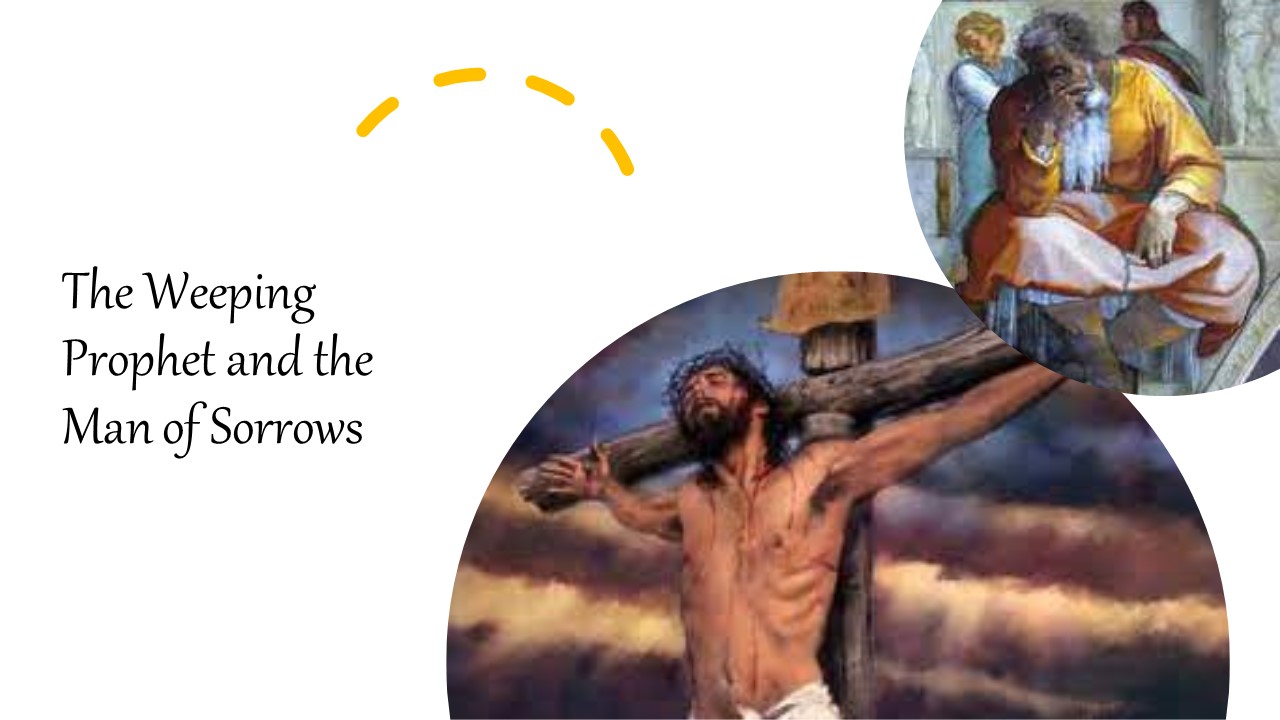Despite being associated with the worship of the pagan deity Baal, Zarephath became the place where God led Elijah during the drought. This decision served multiple purposes and carried significant lessons. By taking Elijah to Zarephath, God tested Elijah's faith and reliance on Him, teaching him to trust in God's provision even in the midst of scarcity. It also demonstrated God's power and sovereignty by providing for Elijah's needs through an impoverished widow. Moreover, it revealed God's inclusive love for all people and His intention to bring salvation to the nations.
While not an exact parallel, Elijah's experience in Zarephath offers glimpses of God's redemptive plan, similar to the ministry of Jesus. We explore some of these parallels.
From Zarephath, God brought Elijah to the top of Mt. Carmel. We explore the significance of mountains as a symbol in the Bible.

In Ezekiel 37, God breathes life into a valley of dry bones, symbolizing His power to restore even the most desolate. The bones represent...

The Gospel of Matthew paints a vivid picture of Jesus' ministry, revealing His compassion for the marginalized and His power to meet diverse needs....

In today’s episode we compare the “Weeping Prophet” with the “Man of Sorrows.” Marked by sorrow, Jeremiah's prophetic cries of judgment for Judah's sin...